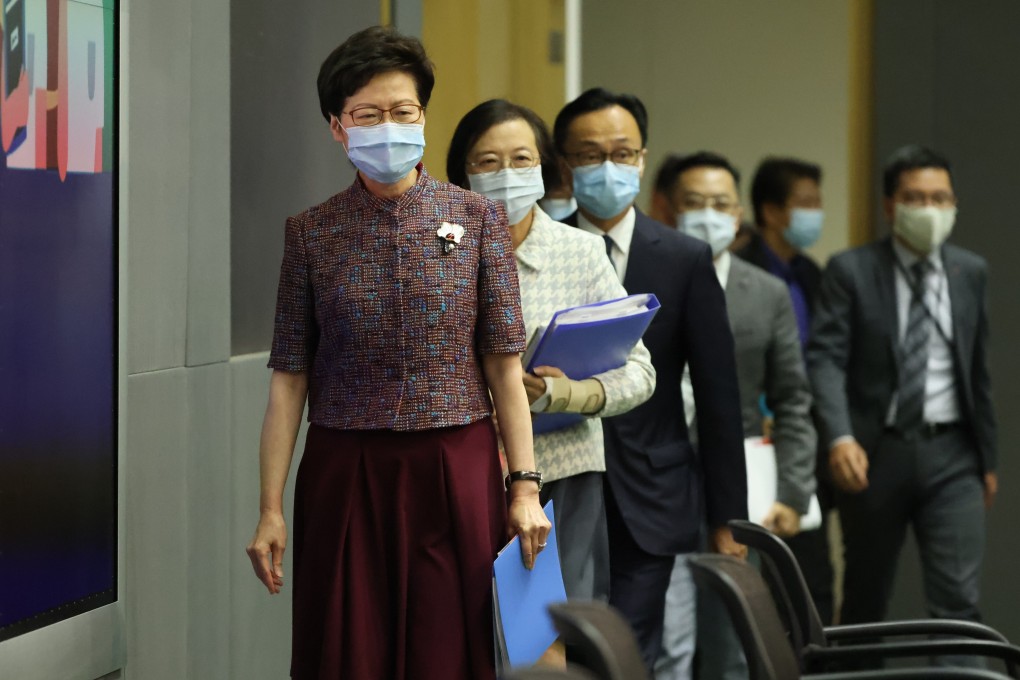Editorial | Hong Kong national security law must not impinge on creativity
- Censors are now allowed to decide whether films breach so-called red lines, but the rules remain murky to many

The government should strive to address the concerns and ensure creativity is not unduly compromised.
As in many places, movies are rated and, in some cases, censored before public screenings. The criteria cover cruelty, torture, violence, crime, horror, disability, sexuality, race, religious beliefs, offensive language and behaviour.

Consideration is also given to the artistic, educational, literary and scientific merit of the film and its likely effect on the audience.
The amended guidelines ban movies that are “objectively and reasonably capable of being perceived as endorsing, supporting, promoting, glorifying, encouraging or inciting acts or activities related to subversion, secession, terrorism or collusion with foreign forces”. Gazetted and brought into immediate effect earlier this month, the new rules have understandably sparked concerns that freedom and creativity will be curbed.
Whether a movie is seditious or violates other security-related offences is essentially a matter of judgment. It would not be surprising if filmmakers now steer clear of politically sensitive subjects in light of the new restrictions.
